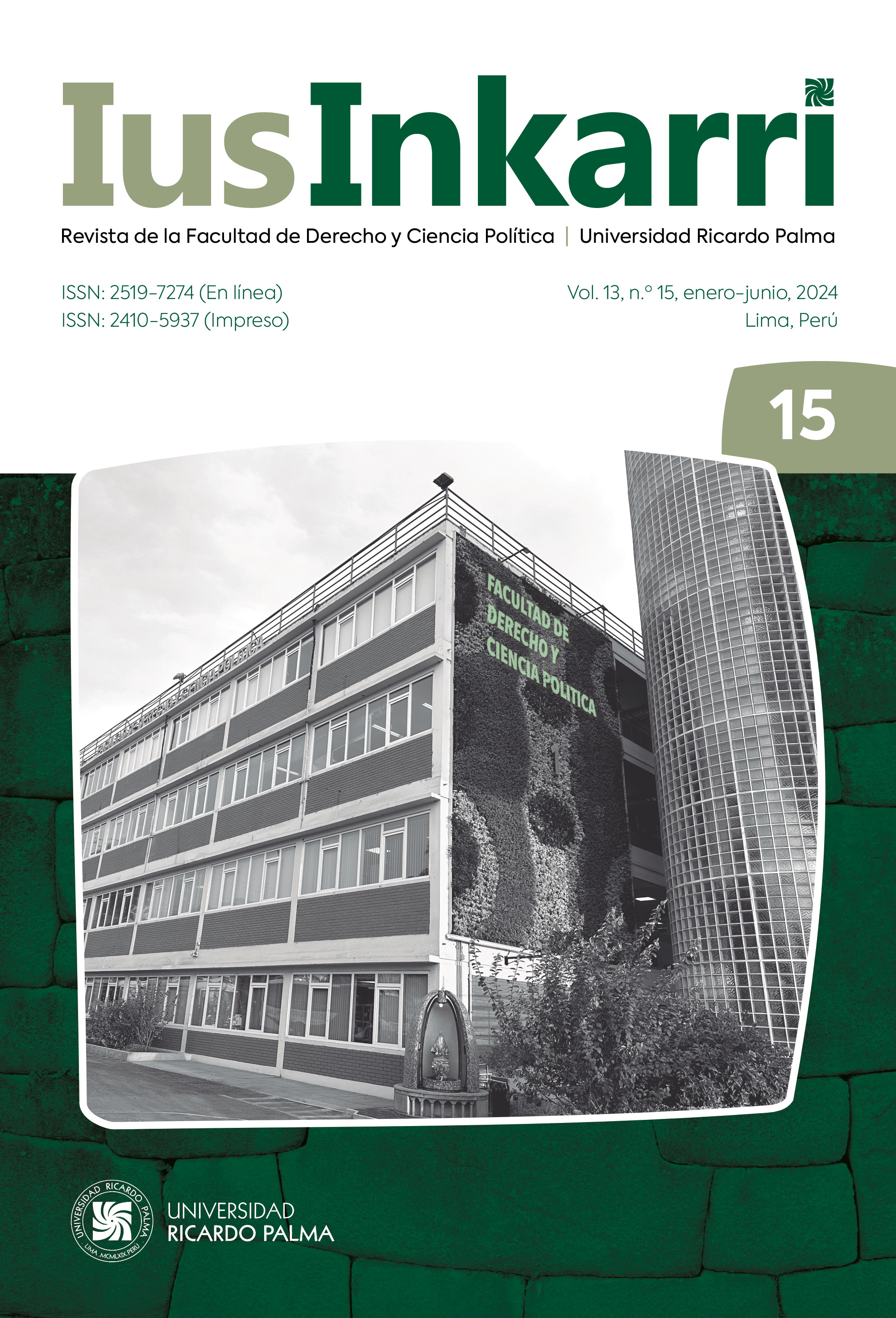Education and accessibility for people with disabilities
DOI:
https://doi.org/10.59885/iusinkarri.2024.v13n15.12Keywords:
right, accessibility, education, disability, human rightsAbstract
Education is a starting point to access and understand as individuals and society to the great changes we experience daily, especially when we talk about scientific, technological, and humanistic progress. However, we cannot speak of the universality of a right if we fail to guarantee it to all sectors of the population, especially to groups in vulnerable situations. This notion becomes fundamental when we considering the context of disability, since about 15% of the world's population - 1.3 billion people, which is approximately the population of China - constitute a sector that is not very visible and needs to be addressed.
Therefore, this essay seeks to clarify some conceptual generalities about the binomial right-education and the need for it to respond more effectively to the dynamic demands of the different social sectors. With this in mind, we will stick to the normative, institutional, and judicial analysis of the Mexican case in order to generate a scheme or roadmap that can be applied and expanded for the particular study of inclusive and accessible education in other countries.
Downloads
References
Banco Mundial. (2021). Inclusión de las personas con discapacidad en Amé- rica Latina y el Caribe: Un camino hacia el desarrollo sostenible. Banco Internacional de Reconstrucción y Fomento; Banco Mundial. https://documents1.worldbank.org/curated/en/099015012012140135/pdf/P17538307bf8530ef0b57005d4d17d157f6.pdf
Bietti, M. F. (2023). Personas con discapacidad e inclusión laboral en América Latina y el Caribe. Principales desafíos de los sistemas de protección social. Comisión Económica para América Latina y el Caribe (Cepal). https://repositorio.cepal.org/server/api/core/bitstreams/1535653e-6f21-456e-bb5a-dc446ff5c8ad/content
Chbosky, C. (dir.). (2017). Wonder [Extraordinario] [Película]. Lions Gate Entertainment.
Consejo Nacional de Evaluación de la Política de Desarrollo Social (Coneval). (2018). Estudio diagnóstico del derecho a la educación 2018. https://www.coneval.org.mx/Evaluacion/IEPSM/Documents/Derechos_Sociales/Estudio_Diag_Edu_2018.pdf
García, V. (1987). Principios de pedagogía sistemática (3.a ed.). Ediciones Rialp.
Guerrero García, D. (2024). Derechos culturales, patrimonio cultural y accesibilidad para personas con discapacidad en México. Tirant lo Blanch.
Gómez Fröde, C. (2013). El arte cinematográfico como herramienta pedagógica para la enseñanza del derecho y de la teoría general del proceso. Tirant lo Blanch.
González, F. J. (2002). Aprender a ver cine. La educación de los sentimientos en el séptimo arte. Ediciones Rialp.
Laval, C. (2003). La escuela no es una empresa. El ataque neoliberal a la enseñanza pública. Paidós Ibérica.
Oficina Internacional de Educación de la Unesco. (2008). La educación inclusiva: el camino hacia el futuro [presentación general de la 48.ª reunión de la CIE]. Conferencia Internacional de Educación 48.th. Geneva, Switzerland. https://unesdoc.unesco.org/ark:/48223/pf0000161565_spa
Organización de las Naciones Unidas para la Educación, la Ciencia y la Cultura (Unesco). (2020). Informe de seguimiento de la educación en el mundo, 2020: Inclusión y educación: todos y todas sin excepción. https://unesdoc.unesco.org/ark:/48223/pf0000374817
Downloads
Published
How to Cite
Issue
Section
License
Copyright (c) 2024 Diego Guerrero García

This work is licensed under a Creative Commons Attribution 4.0 International License.













